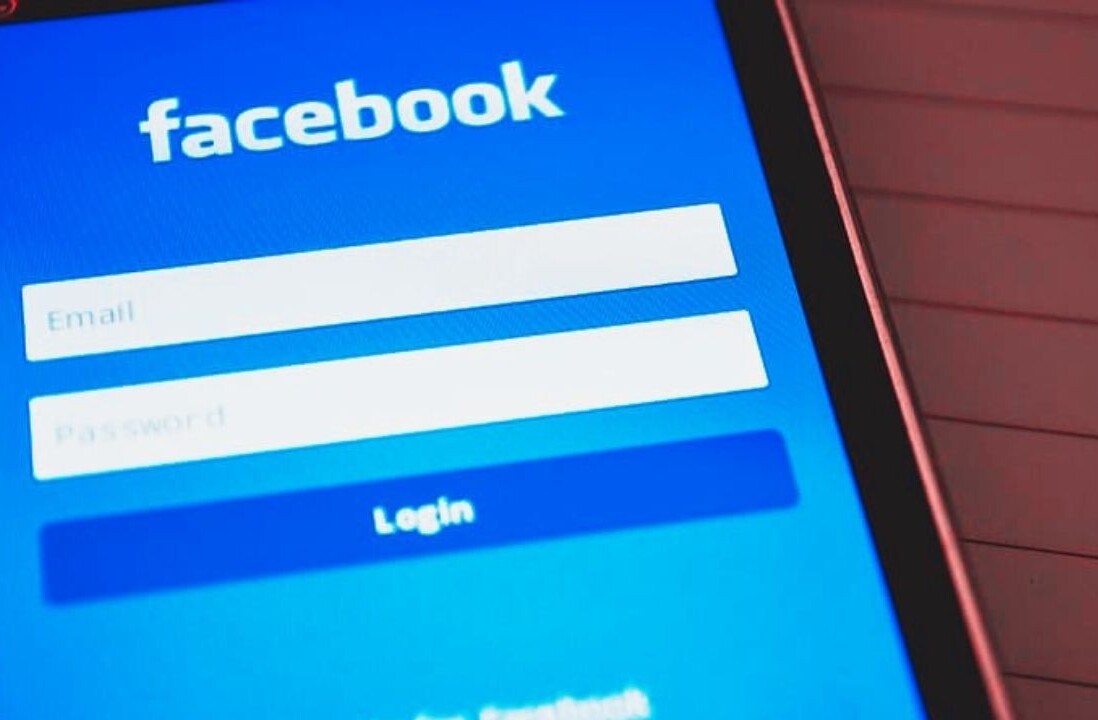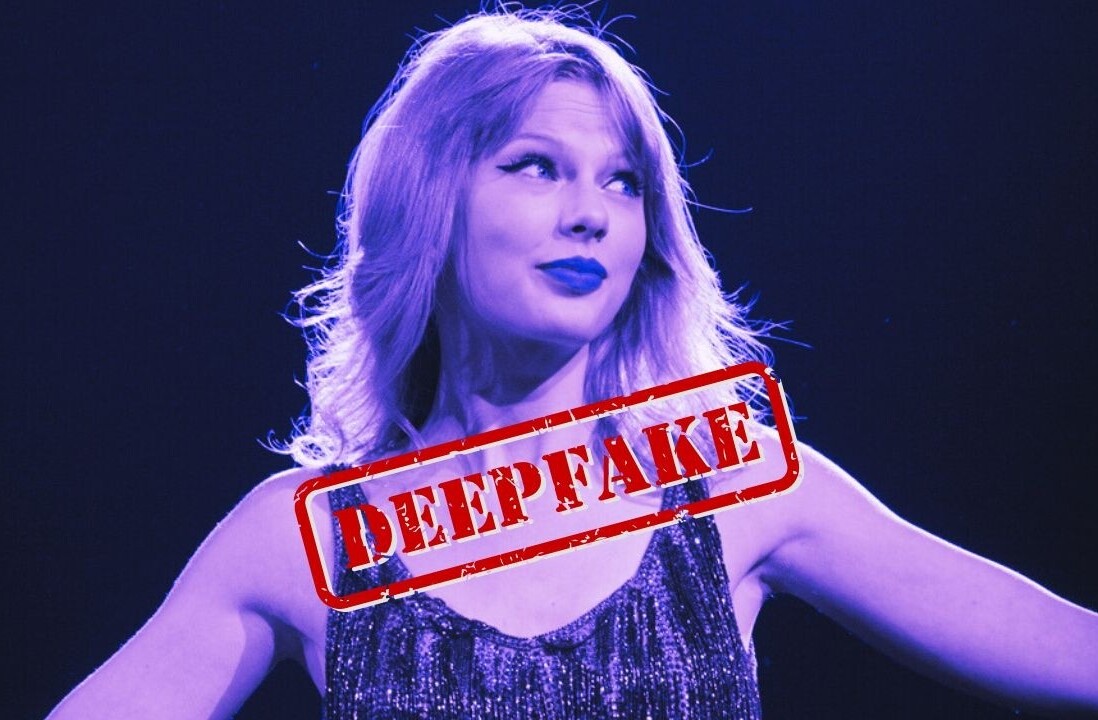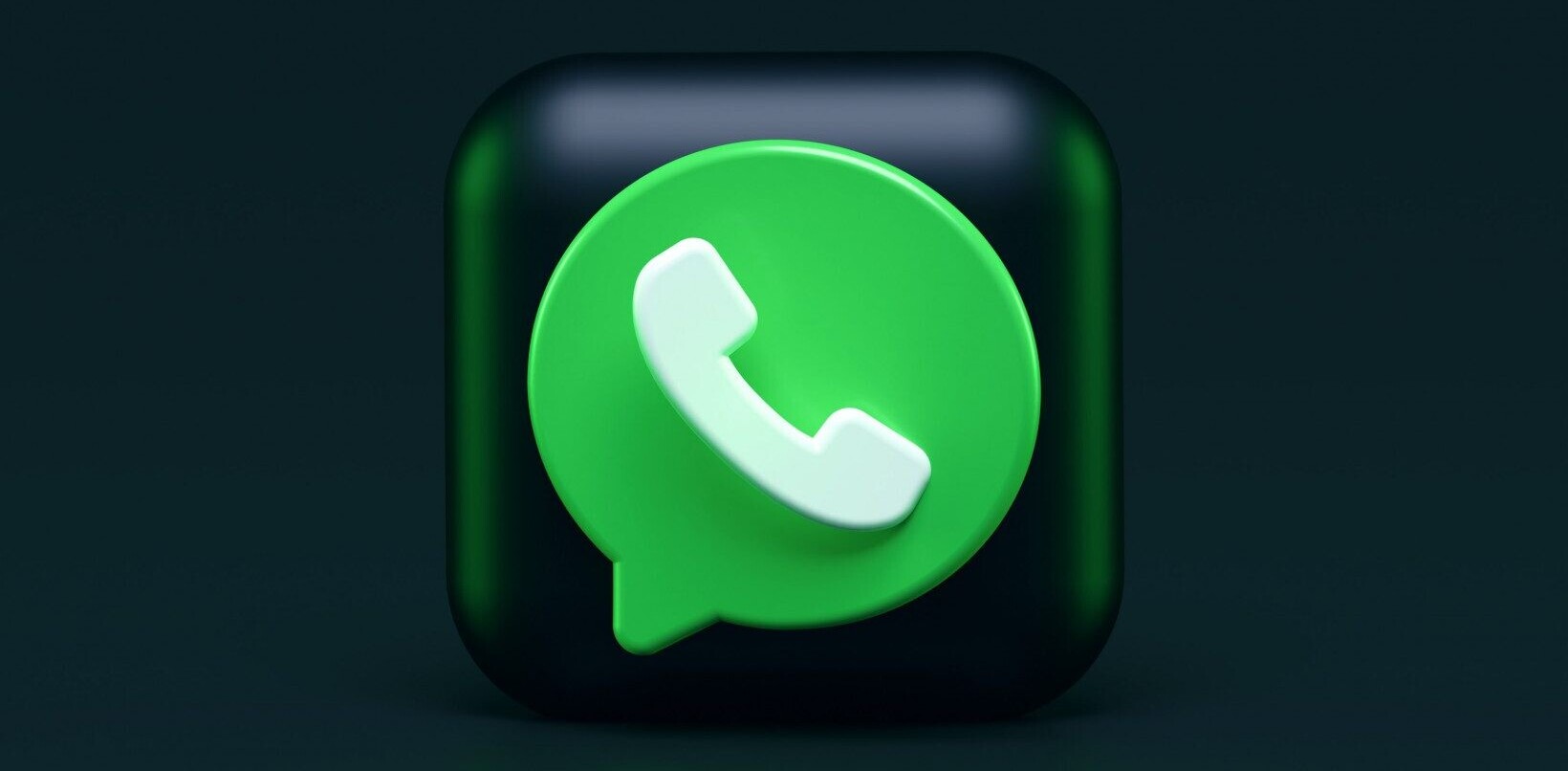
Online privacy is one of those topics that come up on a case by case basis. If you’re really afraid about privacy on the Internet, you’re probably not using the Internet. Facebook got into some hot water last year over privacy concerns, not because it was doing anything harmful to us, but because they weren’t exactly transparent with what they were doing.
How important is your privacy, really? After thinking about Facebook’s Timeline, I wondered how many people would take the time to go back and add life events that seem super personal. Things like when they bought their first house, or past surgeries they had, left me wondering if Facebook was asking us for too much.
Since Timeline became live for everyone on the platform, I’m shocked at how much information my friends are adding to the social network. That tells me that they’re not too worried about privacy when it comes to Facebook. Otherwise, they wouldn’t share in the first place. For my friends, the risk is worth the reward.
The only troubling part of that mindset is this question; “What is the reward, exactly?”
Last year, political and Internet activist Eli Pariser spoke at TED about what Facebook and Google are hiding from us when it comes to what information they use and how they use it. Watch the clip below, starting at the point where Pariser discusses the “57 signals” that sites like Google uses to tailor your experience with its services:
In that clip, Pariser explains that Google uses data it collects on what we click and when we click it to make the service work better for us. I might be crazy, but that doesn’t sound like an invasion of privacy to me, it sounds like a great feature to make my digital life easier.
Similarly, Facebook is looking at what types of things you “like” on external sites and what links you click on within your Newsfeed in order to give you a better experience as well. Right now, whether you know it or not, you’re not seeing a true firehose of data coming through on your Facebook Newsfeed. In its previous iteration, you could toggle that feature. The company noticed that those who were viewing a live feed didn’t interact with content as much, so it moved towards taking a smarter approach at what it shows you.
Again, this sounds like a great thing to me. Since you aren’t required to use Google or Facebook, your interaction is completely optional. However, the more you interact, the more Google and Facebook learn about you. That freaks some people out until they’re reminded that you’re merely a blip on a map of billions of interactions a day. No one person is looking at your email, search results, or clicks. You’re merely a subset of data being churned through an algorithm that streamlines your experience on both sites.
In the video above, Pariser shows search results on “Egypt” being different among his friends. I think that’s cool because it would be a pain to have to mine through search results that simply rank higher than others. I want Google to take all of my time spent on surfing the web and turn it into action, and that’s what they’re doing.
While I do believe that Facebook can do a better job at teaching you how to use its privacy controls, and the FTC agrees, I don’t believe that the site is using us anymore than we’re using it. Facebook costs money to run, and so does Google, so advertisements are to be expected. Are these companies using the data and interactions we give them to make money for themselves? Yes, and they should. That’s how business works.
Remember, the best way to guard your privacy online, is to not share anything at all. There are no laws requiring you to add your first pet to your Timeline, but Facebook should absolutely be able to market pet products and services to you if they know you like dogs. You can’t have it both ways online, and while being aware of what companies do with your data is a good thing, don’t assume that it’s all bad.
Will you be more aware of your privacy in 2011, or are you OK with the rewards you get in return for your information? Tell us in the comments.
Get the TNW newsletter
Get the most important tech news in your inbox each week.




